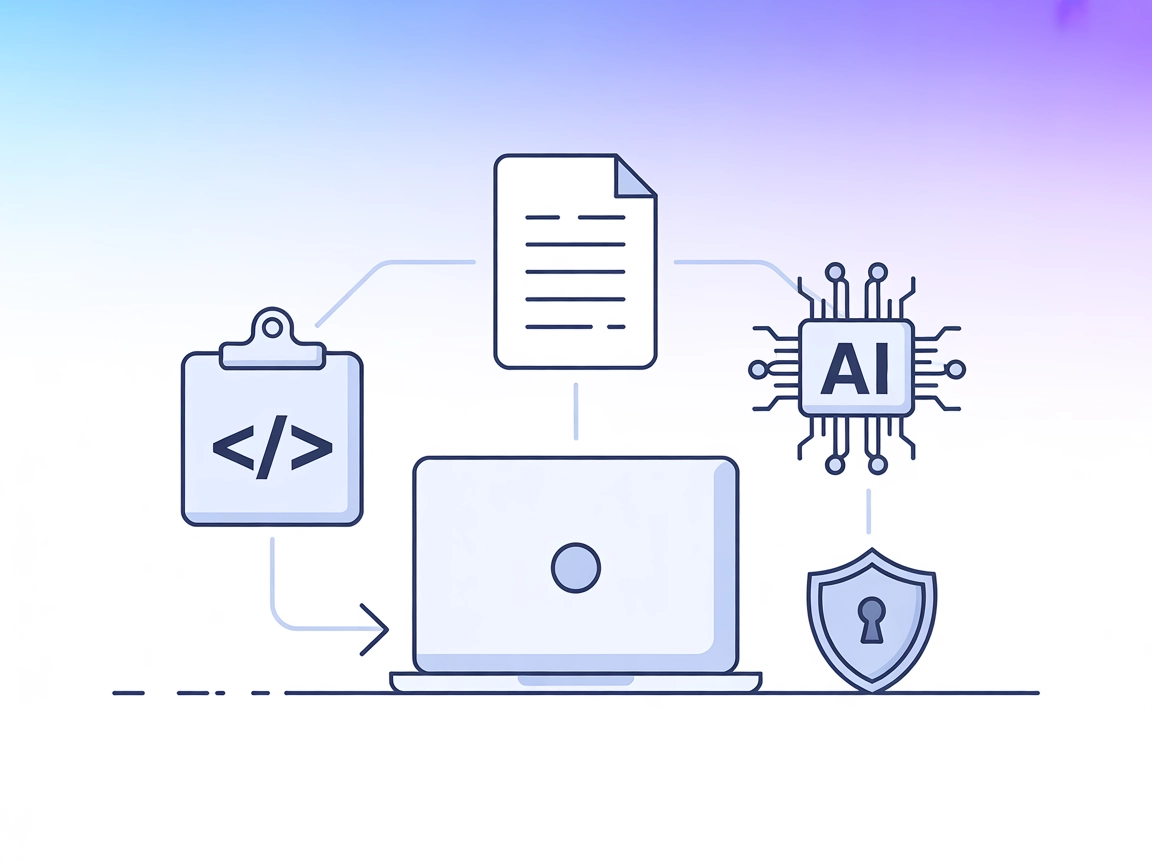
ModelContextProtocol (MCP) Server Integration
The ModelContextProtocol (MCP) Server acts as a bridge between AI agents and external data sources, APIs, and services, enabling FlowHunt users to build context...

Connect your AI agents with external APIs and resources using the lingo.dev MCP Server, streamlining access and standardizing interactions in FlowHunt.
FlowHunt provides an additional security layer between your internal systems and AI tools, giving you granular control over which tools are accessible from your MCP servers. MCP servers hosted in our infrastructure can be seamlessly integrated with FlowHunt's chatbot as well as popular AI platforms like ChatGPT, Claude, and various AI editors.
The lingo.dev MCP (Model Context Protocol) Server acts as a bridge between AI assistants and a wide range of external data sources, APIs, and services. By exposing structured resources, prompt templates, and executable tools, it empowers AI models to perform advanced tasks such as querying databases, managing files, and interacting with APIs. This server enhances developer workflows by making it easier to standardize and share common LLM (Large Language Model) interactions, streamlining everything from codebase exploration to real-time data retrieval within AI-driven environments.
Using MCP in FlowHunt
To integrate MCP servers into your FlowHunt workflow, start by adding the MCP component to your flow and connecting it to your AI agent:

Click on the MCP component to open the configuration panel. In the system MCP configuration section, insert your MCP server details using this JSON format:
{
"MCP-name": {
"transport": "streamable_http",
"url": "https://yourmcpserver.example/pathtothemcp/url"
}
}
Once configured, the AI agent is now able to use this MCP as a tool with access to all its functions and capabilities. Remember to change “MCP-name” to whatever the actual name of your MCP server is (e.g., “github-mcp”, “weather-api”, etc.) and replace the URL with your own MCP server URL.
| Section | Availability | Details/Notes |
|---|---|---|
| Overview | ✅ | |
| List of Prompts | ⛔ | |
| List of Resources | ⛔ | |
| List of Tools | ⛔ | |
| Securing API Keys | ⛔ | |
| Sampling Support (less important in evaluation) | ⛔ |
Between the available information and missing sections, this MCP documentation provides only a very brief overview, with no technical details, prompts, tools, or resources listed.
Based on the information available in the provided file, the lingo.dev MCP repository documentation is minimal and lacks the practical and technical content needed for developers to quickly understand, set up, or utilize the MCP server. This would be rated quite low for usefulness.
| Has a LICENSE | |
|---|---|
| Has at least one tool | |
| Number of Forks | |
| Number of Stars |
The lingo.dev MCP Server acts as a bridge between AI assistants and external data sources, APIs, and services, exposing structured resources and tools for advanced LLM workflows.
Add the MCP component to your FlowHunt flow, open the configuration panel, and insert your MCP server details in the system MCP configuration section using the appropriate JSON format.
Typical use cases include querying databases, managing files, and interacting with APIs within AI-driven environments, enhancing and standardizing developer workflows.
No, the current documentation is minimal and lacks technical content such as prompt, tool, or resource listings.
Refer to best practices for environment variable management to store sensitive information securely, as the provided documentation does not cover this aspect.
Enhance your AI agent's capabilities by connecting them to external resources and APIs using lingo.dev MCP Server inside FlowHunt.

The ModelContextProtocol (MCP) Server acts as a bridge between AI agents and external data sources, APIs, and services, enabling FlowHunt users to build context...

The Model Context Protocol (MCP) Server bridges AI assistants with external data sources, APIs, and services, enabling streamlined integration of complex workfl...

The LLM Context MCP Server bridges AI assistants with external code and text projects, enabling context-aware workflows for code review, documentation generatio...
Cookie Consent
We use cookies to enhance your browsing experience and analyze our traffic. See our privacy policy.